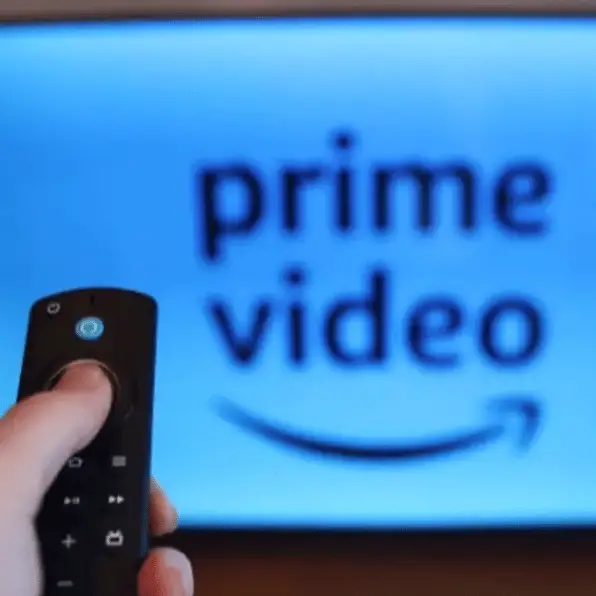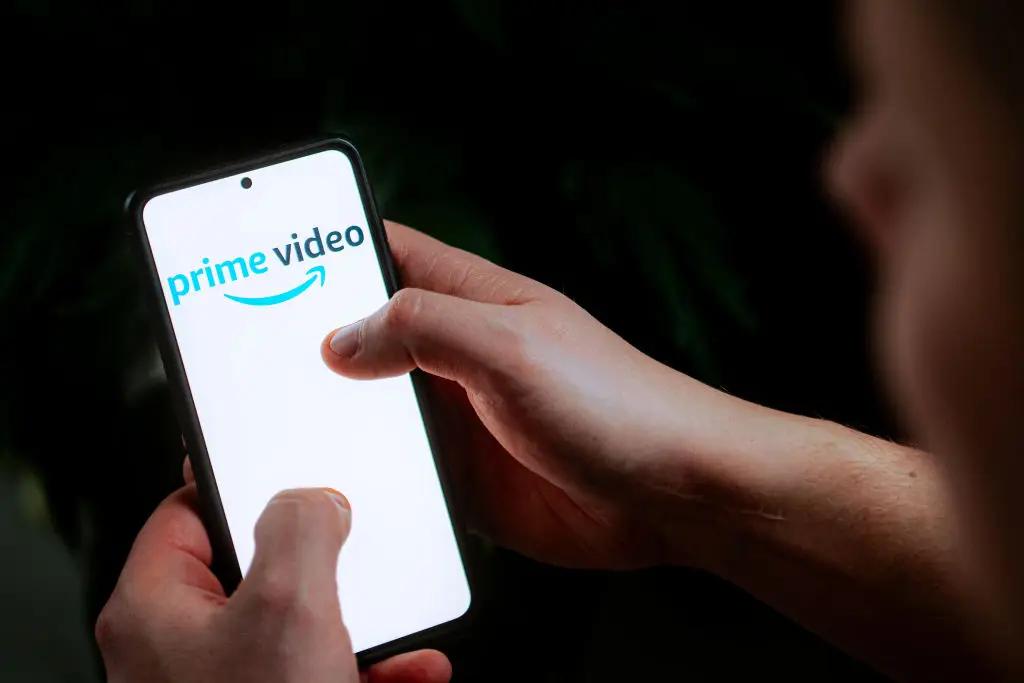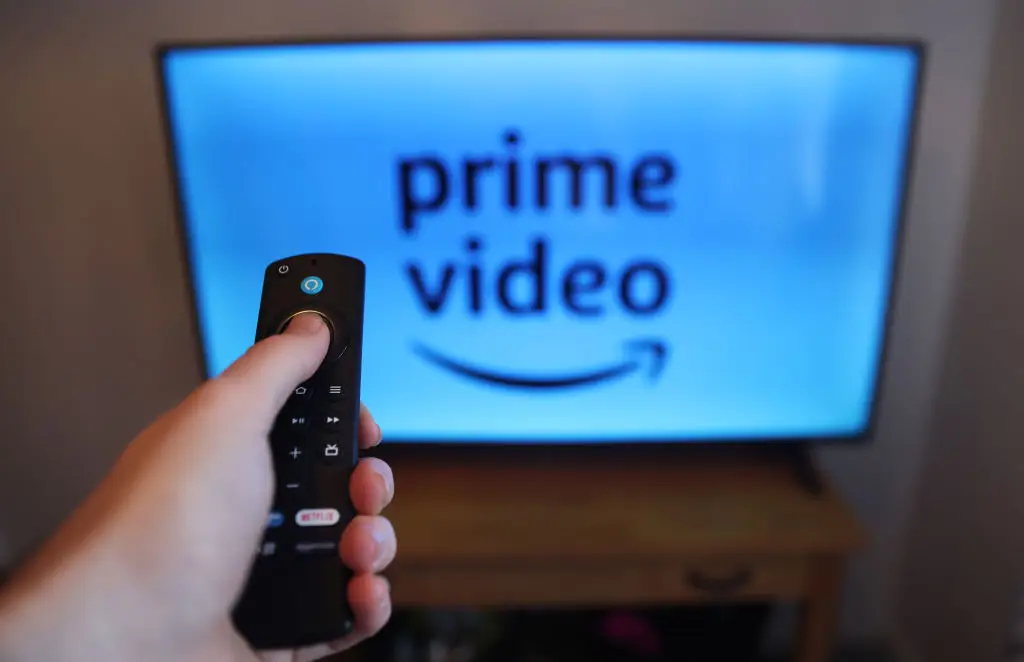
It might feel like streaming services are all getting more expensive, but that doesn't mean everyone's taking it lying down.
Amazon recently introduced advertisements to its Prime Video service, meaning your favorite shows and movies will be interrupted by ads unless you paid extra subscription fees.
No one is particularly happy with that (outside of Amazon's accountants, probably), but Amazon says it's all to ensure that it can continue to invest in new content.

Advert
Still, some unhappy subscribers have taken a good old-fashioned American approach and launched a class-action lawsuit against Amazon in California.
The suit revolves around the idea that Amazon has abruptly demanded that people now pay more money to get something they thought they were already paying for (namely, a lack of ads in their content).
It suggests this is misleading and an abuse of consumer protections, and is seeking at least $5 million from Amazon and the requirement that it avoid similar changes in the future.
The core of its argument is that anyone who subscribed to Prime Video before the change was announced in late December 2023 would have expected their membership to mean no adverts, and that they might well have only discovered this wasn't true after they had paid up.

In fact, this isn't the only feature that Amazon has put behind a higher paywall - as well as stopping ads, the extra monthly fee is now also the only way to get Dolby Atmos and Dolby Vision on your content.
Users noticed this week that they were bumped back down to standard HDR10+ video and Dolby 5.1 audio, before Amazon clarified that Atmos and Vision are now locked behind that payment.
This is further snag for those who were already unhappy with the situation, reinforcing the potential argument that streaming services are offering higher prices and more frustrations.
After all, it's been a long-term annoyance for many people that the only way to get 4K video quality on Netflix is to pay the service's highest possible fee.
So, it'll be interesting to see how this lawsuit evolves, although it's worth pointing out that these class-action lawsuits often don't go anywhere - they're sometimes more about trying to make a point than they are actually winning.
Amazon has been contacted for comment.